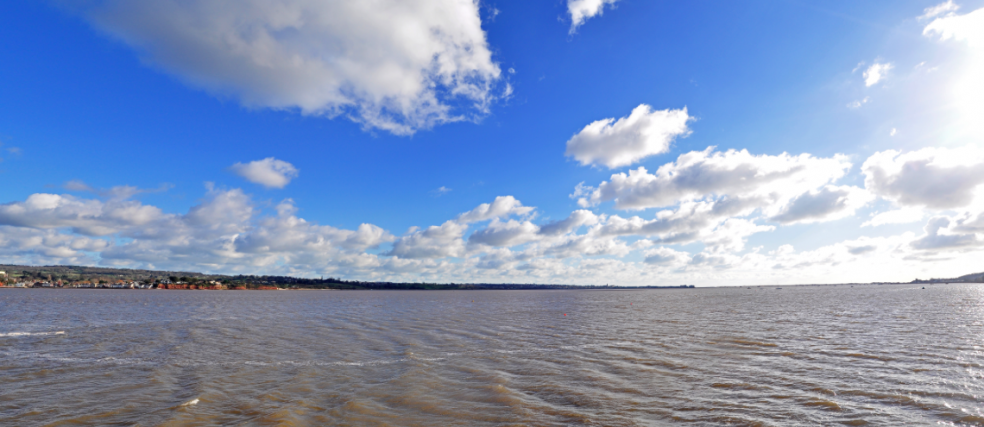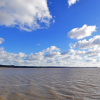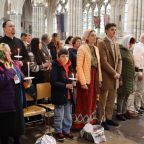
Experience East Devon’s winter bird spectacle this Christmas
East Devon nature reserves and countryside sites provide vital homes for migrating birds during the winter season and there’s no better time than the festive season to visit one of these areas and take a look.
The Exe Estuary Local Nature Reserve (LNR) is internationally important for its winter population of wildfowl and waders. The reserve, which is managed by the East Devon District Council Countryside Team, attracts over 20,000 birds to its waters in the winter.
Early in the season flocks of dark bellied brent geese, wigeon and pintail ducks can be seen feeding on the mudflats or roosting on the high tides of Exmouth LNR.
Up to 3% of the entire world’s population of dark bellied brent geese migrate to Exmouth for the coldest months of the year. These geese spend their summers breeding in the high arctic of northern Russia, travelling thousands of miles to the Exe Estuary to feed on the nutritious intertidal eelgrass beds which grow on the eastern shore of the estuary.
Further east across the district, in Seaton, flocks of teal and shelduck can be seen on the tidal lagoon of Black Hole Marsh at Seaton Wetlands.
Countryside team leader (sites), James Chubb said: “There are two bird-hides located on the lagoon at Black Hole Marsh, which give visitors close-up views of the migrating birds without disturbing their daytime feeding, which is vital for their survival.
“Also on the Seaton Wetlands, the elusive resident ‘water rails’ become far more visible when there is a sharp frost, driving them out of their reedbed cover to look for food on unfrozen ground. Even in really cold weather, this is a bird you hear far more than you see as they tend to hide away in grassy cover revealing their location by their grunting cackling calls. The bird-hide at Black Hole Marsh is a great place to look out for barn owls making early evening forays across the marsh hunting small mammals and even the occasional snipe!
“The car park at Seaton Wetlands has recently been expanded allowing for more visitors interested in spotting these winter visitors.’’
East Devon has many places where you can see mesmerising displays of winter bird life, a sight which seems all the more remarkable set against a frozen backdrop! To find out more about birding sites managed by the East Devon District Council Countryside service visit wildeastdevon.co.uk

















